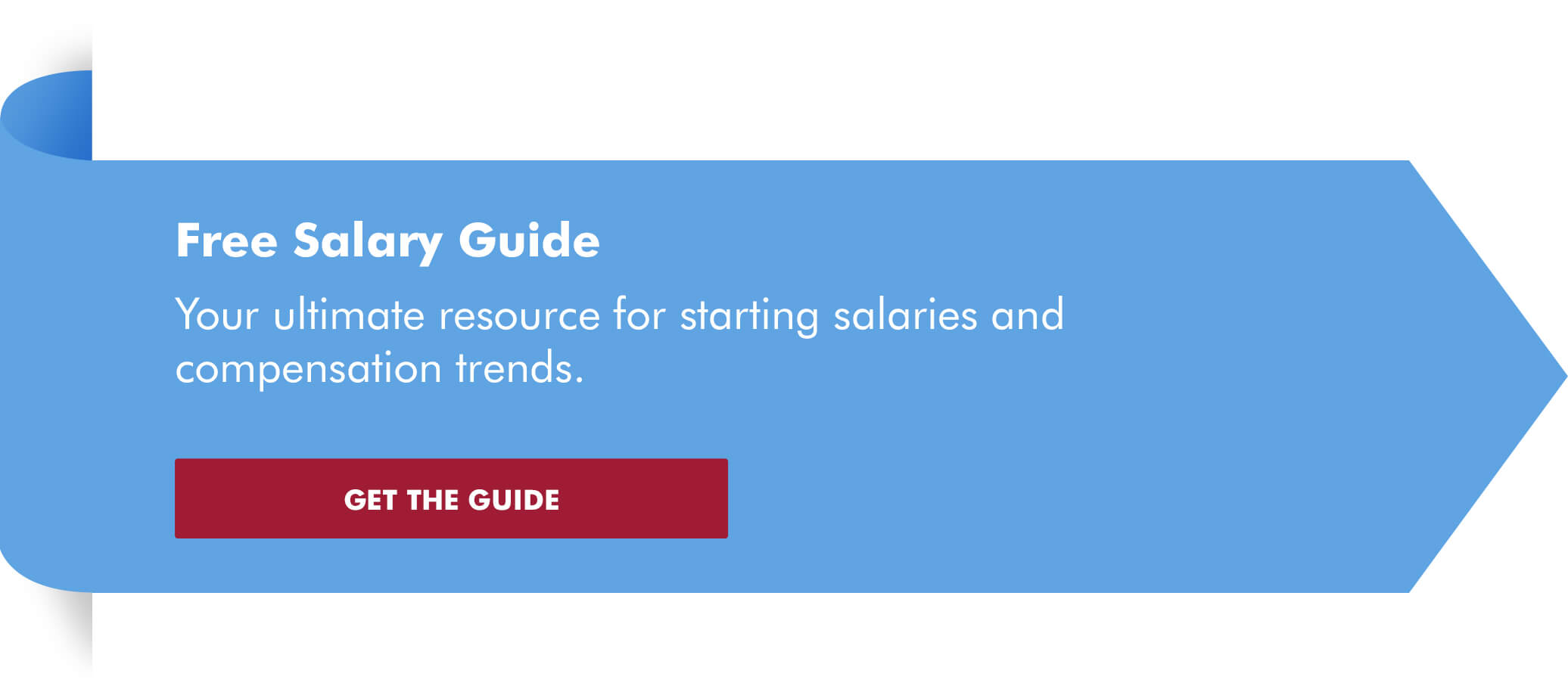Transitioning from a military to a civilian career offers new experiences that can be exciting, but the transition can also be stressful and challenging for former service members.
Veterans are often uncertain how best to get their job search started. You may worry about how to impress hiring managers, especially if it’s been a long time since you’ve interviewed for a civilian job — or you’ve never done so before. Preparing for video interviews is also a must these days.
To boost your confidence as you enter your new career search, just consider all that you have to offer to the civilian workforce as a military veteran. No doubt, you’ve earned a broad array of valuable skills through your military education and experience, and maybe from jobs that you held before active duty, too.
While in the military, you likely thrived in tough situations and perhaps even mastered sophisticated technologies. It’s also a sure bet you developed many soft skills — such as discipline, adaptability and critical thinking — that many employers seek in today’s workers. Businesses will also appreciate your experience working closely alongside people from various different backgrounds to solve problems and achieve a common goal.
There are many resources to help veterans find jobs — and to make your transition to a civilian career a little easier. Here are a few examples, along with some tips:
Resources to help you align your skills with opportunities
As an initial step in your new career search, refer to a military-to-civilian occupation translator, like this one. It can help you match your military skills and experience to civilian occupations.
You can also work with a talent solutions firm like Robert Half. We offer a resource-rich website with job-search tools geared specifically toward veterans and the talents they bring to the workplace. Candidates can enter a variety of military position titles and be matched to job openings that require similar skills. These opportunities are within Robert Half itself or with Robert Half’s clients who represent the accounting and finance, technology, administrative, legal and creative and marketing fields.
Veterans, be sure to check out the Robert Half Career Resources for Veterans page, where you can filter your job search using military codes and titles.
Programs to help veterans find jobs in the civilian labor market
Some companies and organizations offer specific programs to help veterans find jobs. Here are a few organizations you may find useful:
U.S. Office of Veterans Affairs — The VA is a logical starting place for any veteran seeking information about transitioning to civilian life. Check out this list of job search-related resources on the VA’s website.
Feds Hire Vets — The U.S. Office of Personnel Management’s employment website for veterans, Feds Hire Vets, offers federal employment information for transitioning military members and their family members, too.
Hire Heroes USA — A nonprofit organization, Hire Heroes USA, provides personalized job search assistance for U.S. military members, veterans and military spouses seeking jobs in the civilian workforce.
NPower — NPower is a nonprofit organization that helps military veterans and young adults from underserved communities to learn basic computer and technical skills so they can launch digital careers.
Company programs — Many companies have programs specifically designed to encourage veterans to apply for job opportunities with their organizations. We Hire Heroes, for example, is a veteran-run organization that operates local job boards in major cities and offers resources for veterans, and for employers who want to hire former military members.
Operation IMPACT Network of Champions — Northrop Grumman’s Operation IMPACT Network of Champions is a group of companies and nonprofits dedicated to helping injured veterans (or their surrogates) find jobs and transition from the military to a civilian career.
Hirepurpose — Hirepurpose is a website built by veterans, for veterans, to help former service members find jobs and companies find top talent. You can post your resume on the site and sign up for job alerts.
Military Spouse Employment Partnership (MSEP) — MSEP is a recruitment and employment resource linked to the U.S. Department of Defense Spouse Education and Career Opportunities program.
Job hunting as a veteran: tips for success
As you look for positions in the civilian labor market, you’ll want to be sure to:
Do your research
Gather as much information as possible about the companies you’d like to focus on for employment. For example, you’ll want to find out if they have any special programs for veterans or available positions that require security clearance.
Create a focused resume
Your resume should highlight transferable skills and experience, such as previous leadership roles, as well as in-demand soft skills (empathy, adaptability, and an entrepreneurial mindset, for example). Play up your pertinent technical expertise as well. A word of caution: Civilian employers may not be familiar with military terminology, so be sure to spell out any acronyms.
Develop a customized cover letter
For private sector positions, a cover letter provides an opportunity to showcase how you can contribute to employers in specific ways. Take time to customize your cover letter for every job opening — don’t just rehash your resume.
Be positive and professional
When meeting with hiring managers and recruiters at a job fair or recruiting event (including virtual ones), dress to impress. A genuine smile and upbeat demeanor can help you stand out to potential employers, too. And again, weave in references to your most relevant transferable skills whenever you have the opportunity.
See this post for interview tips that can help you land the job you want.
More advice for finding your path after military service
Pursuing more education or training in your current field or working on a degree in a new area is a natural and positive way to transition to your new life. The military also encourages this choice with financial support. If you’re thinking about going back to school, check out the Post-9/11 GI Bill for more information about education benefits you may qualify for as a military veteran.
Starting your own business is another path to consider after your military career. The skills needed to be a business owner are similar to those developed as a service member: tenacity, vision, self-motivation, leadership, integrity and competitiveness, among others. The U.S. Small Business Administration can be a useful resource for military veterans starting their own businesses.
Remember, finding a position that makes the best use of your talents can take time. Don’t take the duration of an employment search as a reflection on your abilities. Many people search for weeks or months before they secure an offer of employment. The good news is many companies are hiring right now. To uncover the opportunities you want, be persistent and resilient in your civilian job search, just as you were during your military career.
Robert Half can help veterans find jobs. Check out the current employment listings on our website, including remote positions.








